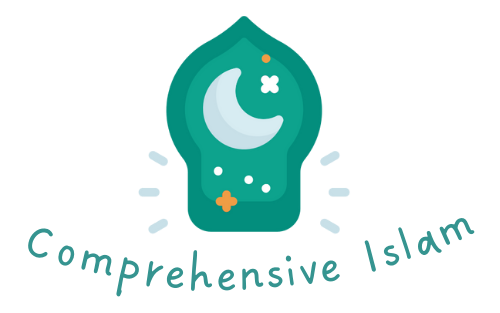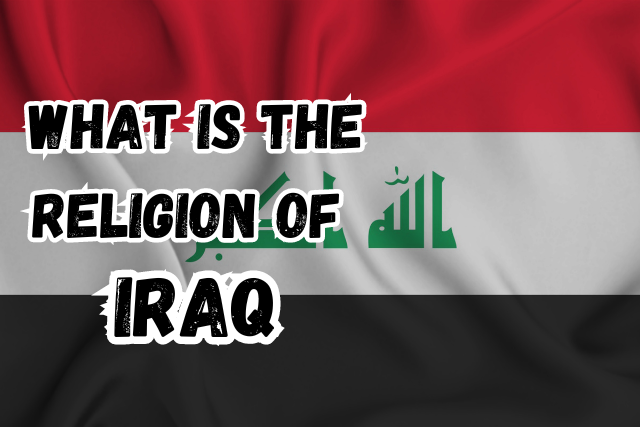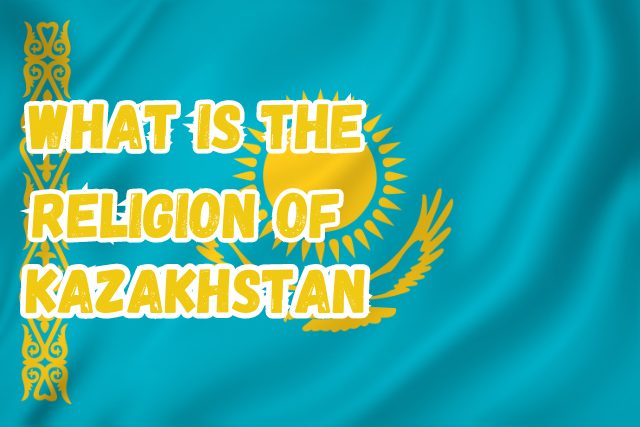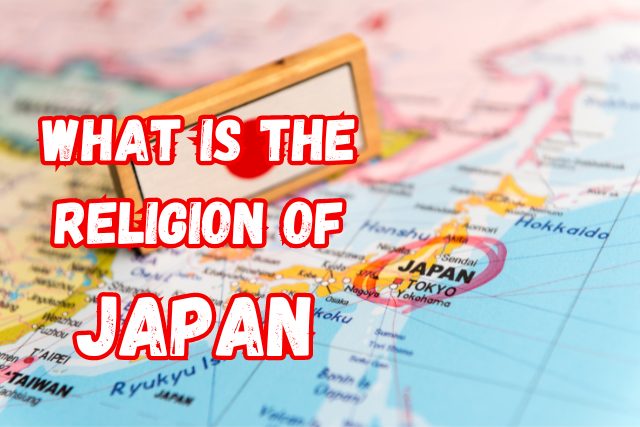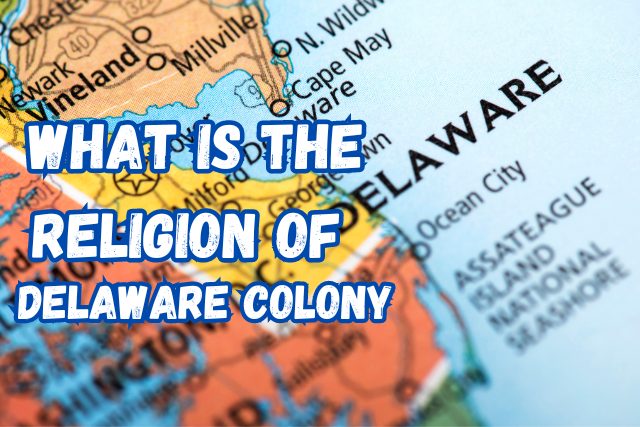What is the Religion of Ghana
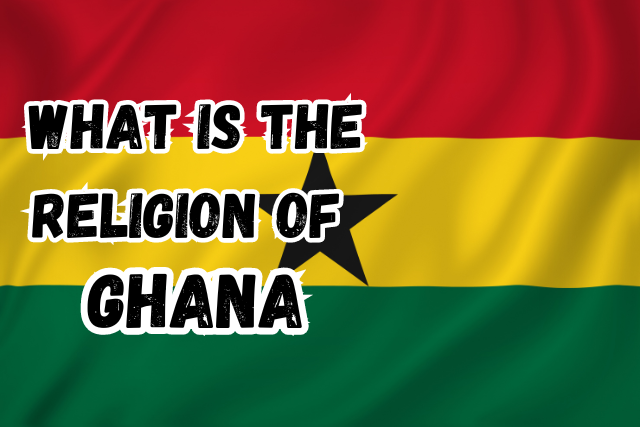
Explore the vibrant cultural landscape of Ghana. Where the beats of traditional drums and the sense of community intertwine with a rich tapestry of religious traditions. I’ll delve into the unique spiritual identity that defines this West African nation.
Ancestral beliefs rooted in diverse ethnic histories blend with enduring influences of Islam and Christianity in Ghana’s religious narrative. Threads of belief weave through Ghana’s cultural identity, harmonizing ancient practices with contemporary expressions of faith.
Let’s uncover the stories and traditions that shape Ghana’s religious heritage. Ready for an immersive exploration of this captivating tapestry? Let’s begin.
Christianity

Christianity stands as a cornerstone of Ghana’s religious landscape. It influences not only the spiritual beliefs of its people but also shapes the cultural identity of the nation. The introduction of Christianity to Ghana spans centuries and has left an indelible mark on the hearts and minds of Ghanaians.
Historical Roots
The roots of Christianity in Ghana trace back to the era of European exploration and colonization. Missionaries, particularly from Europe, arrived at Ghanaian shores in the 15th century. Christianity became a dominant religion in the region due to the efforts of missionaries and colonial powers.
Denominational Diversity
Ghana is home to a multitude of Christian denominations, showcasing the diversity within the faith. Major denominations include Protestantism, Catholicism, and independent African Christian churches. Each denomination contributes to the rich tapestry of religious expression.
Places of Worship
Throughout Ghana, churches of various denominations stand as architectural marvels and sacred spaces for worship. Besides their religious significance, these churches reflect the cultural expressions of the Ghanaians. Symbols of Christian faith and culture include the Independence Arch Presbyterian Church in Accra.
Religious Practices
Christianity in Ghana is not confined to church services; it permeates various aspects of life, including festivals and celebrations. Christian holidays such as Christmas and Easter are marked with joyous festivities.
It brings communities together in prayer, music, and dance. These celebrations contribute to the cultural fabric of the nation.
Social Impact
The influence of Christianity extends beyond religious practices. It impacts social values and community engagement. Christian principles emphasizing compassion, charity, and community service are woven into the fabric of Ghanaian society.
Moreover, Churches often play a central role in community development. They provide not only spiritual guidance but also address social and educational needs.
Islam
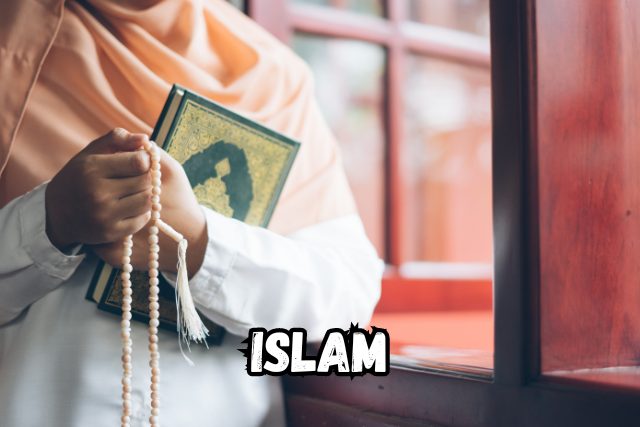
Islam has a significant and dynamic presence in Ghana. It has played a crucial role in shaping the religious and cultural landscape of the nation. Islam in Ghana is characterized by diversity, cultural integration, and a commitment to fostering unity among its followers.
The roots of Islam in Ghana can be traced back to the 14th century. When Muslim traders and scholars traversed the trans-Saharan trade routes.
Diversity within Islam
Ghana’s Muslim community is diverse, encompassing followers of both Sunni and Shia traditions. The coexistence of these traditions contributes to the rich tapestry of Islamic practices. The unity of Muslims in Ghana, transcending sectarian differences, is a testament to the inclusive nature of Islam as practiced in the region.
Mosques
Throughout Ghana, mosques stand as architectural marvels and spiritual centers for the Muslim community. The Central Mosque in Kumasi and the Abossey Okai Central Mosque in Accra are places of worship. They reflect the religious significance of Islam and Muslims’ cultural contributions to Ghana’s architectural heritage.
Islamic Education
Islamic education holds a central place within Ghana’s Muslim communities. Madrasas (Islamic schools) play a vital role in preserving Islamic knowledge, teaching the Quran, and instilling moral and ethical values. The commitment to education reflects the belief in the holistic development of individuals within the Islamic faith.
Contributions to Culture
Islam’s influence extends beyond religious practices, contributing to Ghana’s cultural richness. Muslim festivals, such as Eid al-Fitr and Eid al-Adha, are celebrated with joy and communal gatherings.
In addition, Muslims in Ghana make culinary contributions with distinct flavors and dishes. These have become integral to Ghana’s diverse gastronomic landscape.
Indigenous and Traditional Beliefs

Ghana’s cultural and spiritual landscape is woven with threads of indigenous and traditional beliefs. They represent ancestral wisdom and a profound connection between people and the natural world. These beliefs, deeply rooted in Ghanaian heritage, thrive alongside major world religions, shaping the nation’s identity.
Ancestral Spirits and Nature
Indigenous beliefs in Ghana revolve around a reverence for ancestral spirits and deities linked to nature. These spirits are seen as guardians of the land, water, and sky, embodying the spiritual essence of Ghana.
Rituals and ceremonies honor and seek guidance from these entities. They foster a harmonious relationship between the people and their environment.
Cultural Expressions
Traditional beliefs find expression through vibrant cultural practices, including dance, music, and rituals. Ceremonies mark significant life events, seasonal changes, and agricultural activities.
Furthermore, the rhythmic beats of drums and the intricate movements of dance serve as conduits for communicating with the divine. They also celebrate the interconnectedness of life.
Cosmology and Mythology
Ghana’s traditional beliefs encompass rich cosmologies and mythologies. They explain the origins of the universe and the existence of humanity.
These narratives, passed down through generations, offer insights into the worldview of Ghanaian communities. They also reveal the cultural significance of natural elements, celestial bodies, and ancestral realms.
Tapu
Central to traditional beliefs is the concept of “tapu,” designating sacred spaces and activities. Certain places, objects, and actions are considered tapu, embodying the sacred and requiring respect. Violating tapu can have spiritual consequences, emphasizing the importance of maintaining spiritual harmony in the community.
Bottom Line
In conclusion, Ghana’s religious landscape is a captivating mosaic of diverse faiths. Christianity and Islam coexist strongly with indigenous beliefs, showcasing religious pluralism. This diversity shapes spiritual practices and is integral to the nation’s cultural identity.
Architectural marvels, vibrant Christian and Islamic festivals, and rhythmic traditional rituals contribute to Ghana’s colorful tapestry. Despite challenges, Ghanaians prioritize religious tolerance and interfaith dialogue, emphasizing unity and understanding.
FAQs
What is the religion of Ghana?
Ghana exhibits religious diversity, with Christianity and Islam being the major religions, alongside traditional and indigenous beliefs.
Are Muslims in Ghana?
Yes, there is a significant Muslim population in Ghana, particularly in the northern and coastal regions.
What is the fastest-growing religion in Ghana?
While Christianity and Islam are well-established, Pentecostal and Charismatic Christianity is often considered the fastest-growing religious movement in Ghana.
Is there religious freedom in Ghana?
Yes, Ghana upholds religious freedom, fostering a climate of tolerance and respect for diverse faiths.
What is a god called in Ghana?
In traditional Ghanaian beliefs, gods are often referred to as deities or ancestral spirits. Each ethnic group may have its specific names for these spiritual entities.
